Gene Wilder’s Approach

Gene Wilder 1933-2016
A bit on Gene Wilder’s approach…
Room No. 147: Here resides the infamously great novelist (known only to himself), Mr. Alphonso Zinzaga. He refers to his narrow ceiling, microscopic rented residence as “The Venomous Swan Guest House.” As his widely proud eyes gaze around room 147, there sleeps his picturesque wife, Amaranta. He thinks, “how divine: almost royal.”
Alphonso sneezes loudly to wake his pretty wife: no movement.
“So she’s fast asleep! What the hell’s the matter? She hasn’t taken poison has she? Maybe my lack of success with that last novel has gone to her head…”
Alphonso’s eyes are bulging out of their round socket; he shakes the couch in a maddening way. A book falls on the floor. He picks it up and loses all color; this is his latest novel. “She fell asleep reading my novel!?! What disrespect towards the publications of Count Barbanta-Alimonda and to the work of Alphonso Zinzaga, to him who had given her the famous surname Zinzaga!”
He suddenly roars like a lion as he still holds on to the novel in his hand and bangs on the edge of the couch: “woman!”
The beautiful Amaranta moans, smiles, and slowly opens her stunning black eyes; she stretches her hand: “Is that you, Alphonso?”
“Yes, it’s me! Are you asleep? Are you still asleep? What were you doing before you fell asleep?”
“I went to your mother’s to ask for money.”
“And afterwards?”
“I was reading your novel.”
“And you fell asleep? Tell me! Did you fall asleep?”
“And I fell asleep….Well, why are you so angry, Alphonso?”
“I’m not angry, but it seems to me to be offensive that you can be so frivolously inclined to something which, even if it has not yet given me fame, yet it will in time! You fell asleep because you were reading my novel. That’s how I interpret your sleep!”
“Really Alphonso! I read your novel with great pleasure. I was riveted by it. I…I… What specifically struck me was the scene where the young writer, Alphonso Zenzega, shoots himself with a pistol…”
“That’s the scene not from this novel, but from One Thousand Conflagrations!”
Alphonso is still not convinced that his beautiful wife fell asleep because she simply wanted to rest, but he moves on:
“Let me have something to eat.”
His wife responds, “Haven’t you had your meal?”
“No”
“Poor Alphonso! Haven’t you any money?”
“Hmph… What sort of question is that. Is there nothing to eat?”
“Nothing, darling! Your mother only gave me a meal, she did not give me any money.”
Well, Alphonso decides to believe that “hunger is faint-heartedness, that man is created for the struggle against nature, that man cannot live by bread alone, that he who is not hungry is not an artist, etc. etc.”
As the short tale comes to a close, Alphonso has a new idea for a book, and he gives his wife an assignment, so she can assist him: “The sacrifice, my dear, will not be much. You will have to write the description as I dictate it, which will take you no more than seven or eight hours, then write out a clean copy, and meanwhile, only in passing, commit to paper your thoughts about all my work. You are a woman and the majority of my readers are women.”
Amaranta never gets used to his frequent, natural lies; she knows not that she is the only reader he has and, therefore, she is the majority of his female readers. Amaranta quietly agrees to this assignment.
“She turned pale and fell unconscious on the ragged and torn, always lying around, dusty encyclopaediaic dictionary.”
Alphonso gazes upon her beautiful body lying on the floor: “What extraordinary creatures these women are! I was right when I called woman in my novel A Thousand Fires a being who will perpetually be a wonder and a puzzle for the human race! The least delight is able to knock her out of her senses. Ah, women’s nerves!”
Anton Chekhov closed his short story by advising girls and widows to never marry an artist; it is better to “live somewhere in a tobacco shop or sell geese at the market, than live in the very best room of The Venemous Swan.” He concluded, “Truly it is infinitely better!”
What uncanny! The above 1880 short story was not written for Gene Wilder, nor did Wilder ever played Alphonso. However, one can visualize no other artist but Wilder portraying Alphonso in Chekhov’s Artists’ Wives; the frivolous, despondent sense of humor was what resided in both Chekhov and Wilder’s souls. It was, perhaps, for this reason that Wilder said “my favorite author is Anton Chekhov, not so much for the plays but for his short stories, and I think he was really my tutor.” Their humor was ingenuous; it sprang from a very humble, almost socialist way of life; it was uncomplicated, and they almost never got what they sought; it is no surprise that when a story involves Chekhov’s writing or Wilder’s skillful portrayal of a neurotic main character, even the rest of the characters don’t seem to get what they initially want.
Perhaps, like Chekhov’s short story character, Alphonso, Gene Wilder attempted to write to one reader: his wife. He claimed, “I write funny. If I can make my wife laugh, I know I’m on the right track.”
Even though Wilder began acting at the age of 13, he felt the urge to contribute to writing comedy: “I like writing now much more than I do acting only because, well, partly because the scripts that are offered are junk.” He also confessed to Larry King during a 2002 CNN Interview that he never liked show business; he enjoyed the art of acting in films, but he despised the business side of his career: “I love, love, I love acting in films. I love the show, but I don’t like the business.”
Wilder dedicated his talent one last time to the work of his metaphorical tutor, Chekhov, by adapting one of his short pieces, The Proposal, and acting in it as well. In a Westport Country Playhouse production of 2001, Gene Wilder was intimately dedicated to the production of “Don’t Make Me Laugh,” a presentation of three classic one-act plays: The Proposal by Chekhov, The Music Cure by Shaw, and Caught With His Trance Down by Feydeau. All three plays share a rather similar, “giddy ridiculousness of tone that is native to Wilder, Weber stated in his NYTimes Theater Review of July 6th, 2001.
Weber carefully observed Wilder during his stage performances in the summer of 2001, and he suggested that Wilder’s “absolute relaxation before an audience” was astonishing. His portrayal of Feydeau and Chekhov’s classic characters really showcased his authentic love for the art of acting. Especially because Chekhov’s The Proposal was adapted by Wilder, Weber noted that the performance had Wilder’s personal touches, so the viewers saw very little of “the jittery, bug-eyed lunacy that has been part of his characterizations in films like Mr. Brook’s Producers, Young Frankenstein and Blazing Saddles, and in Stir Crazy, Silver Streak and See no Evil, Hear No Evil.” Weber reported fairly when he wrote, “the effect is of a man who is vainly trying not to let on how much fun he’s having.” Wilder’s pure love for acting was infectious on stage.
Here’s to Gene Wilder’s personal touch to give-in to the art of acting more than anything else: “No, it’s pronounced ‘Fronkensteen,” said Dr. Frankenstein, and here’s to the infamous spirit of Alphonso Zinzaga, the great artist of the audience of one.







